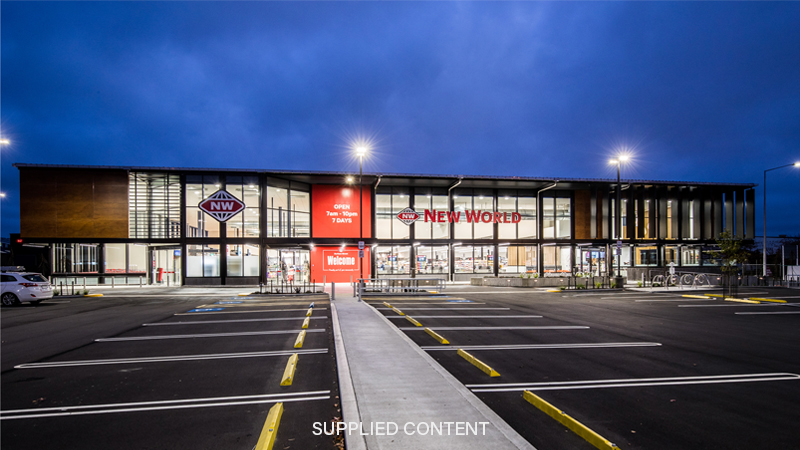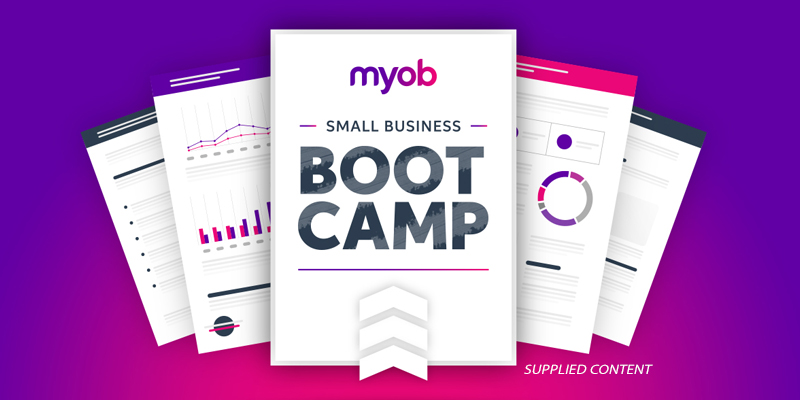B2B sector urged to adapt or die in 2024
Kiwi B2B eCommerce companies are urged to look to B2C for digital strategies to help them survive our tightening and evolving economy in 2024. Mark Presnell, MD of Convergence, an eCommerce […]
Kiwi B2B eCommerce companies are urged to look to B2C for digital strategies to help them survive our tightening and evolving economy in 2024.
Mark Presnell, MD of Convergence, an eCommerce integration firm based in Auckland, says the B2B sector has been caught napping because traditional strategies, like referrals and in-person visits, are no longer as effective as they were pre-pandemic because of the rise of remote work and digital connectivity.
While B2C companies leveraged social media to build online communities and other technologies to improve communications and personalise customer buying experiences in line with customer expectations, their B2B counterparts – such as those that sell health and safety gear, uniforms, promotional items and stationery – have been slow to transition.
“Part of the problem is that B2B retailers and online eCommerce need to understand their target market. It is not uncommon to hear B2B decision-makers referring to old metrics like company size, number of staff, and turnover; these are always difficult to pin down anyway. Now that in-person relationships are far fewer, B2B sales and marketing people are at sea,” says Presnell.
“Many forget that it is a person who makes the buying decision, not the corporation itself. Increasingly, it is a person who spends most of their time working from home and who is more digitally connected than ever before. Working from home creates a whole new mindset and values in the minds of their B2B customers.”
Presnell said embracing the B2C approach means diving deeper, using AI to analyse factors like technology adoption rates, growth trajectories, and leadership changes to enable more targeted and effective sales strategies.
Research (McKinsey and Gartner) suggests a significant move towards online transactions and automated, human-free business interactions in the B2B marketplace. Companies must adapt or risk obsolescence.
“Creating small, dedicated teams to test marketing strategies, product prototypes, and customer engagement methods can yield valuable insights and facilitate quicker, data-driven decisions.”
He suggests B2B operators consider the following strategies in 2024:
1. Adopt Advanced eCommerce Platforms: Moving away from legacy systems to cloud-based, user-friendly platforms can streamline operations and enhance customer experiences.
2. Personalise the Buying Experience: Like B2C, B2B buyers seek personalised, value-driven interactions. Employing AI and data analytics can help in delivering tailored solutions.
3. Leverage Third-Party Marketplaces: Utilising platforms like https://b2bmap.com/new-zealand(link is external) can expand reach and diversify sales channels.
4. Embrace Social Media for Engagement and Sales: Social media platforms can be powerful tools for B2B marketing, lead generation, and even direct sales.
5. Ensure Fast Order Processing and Delivery: Mirroring the B2C expectation of quick and transparent delivery processes can enhance customer satisfaction.
6. Utilise AI for Smart Pricing and Sales Guidance: AI-driven pricing software can help offer competitive prices and optimise sales strategies.
“The lessons from B2C are clear,” says Presnell (pictured below). “Digitalise, personalise, and innovate.

“For B2B companies, this means adopting new technologies, rethinking customer engagement strategies, and embracing the agility and customer-centricity that has driven B2C success.” For more information, visit https://convergence.co.nz/






